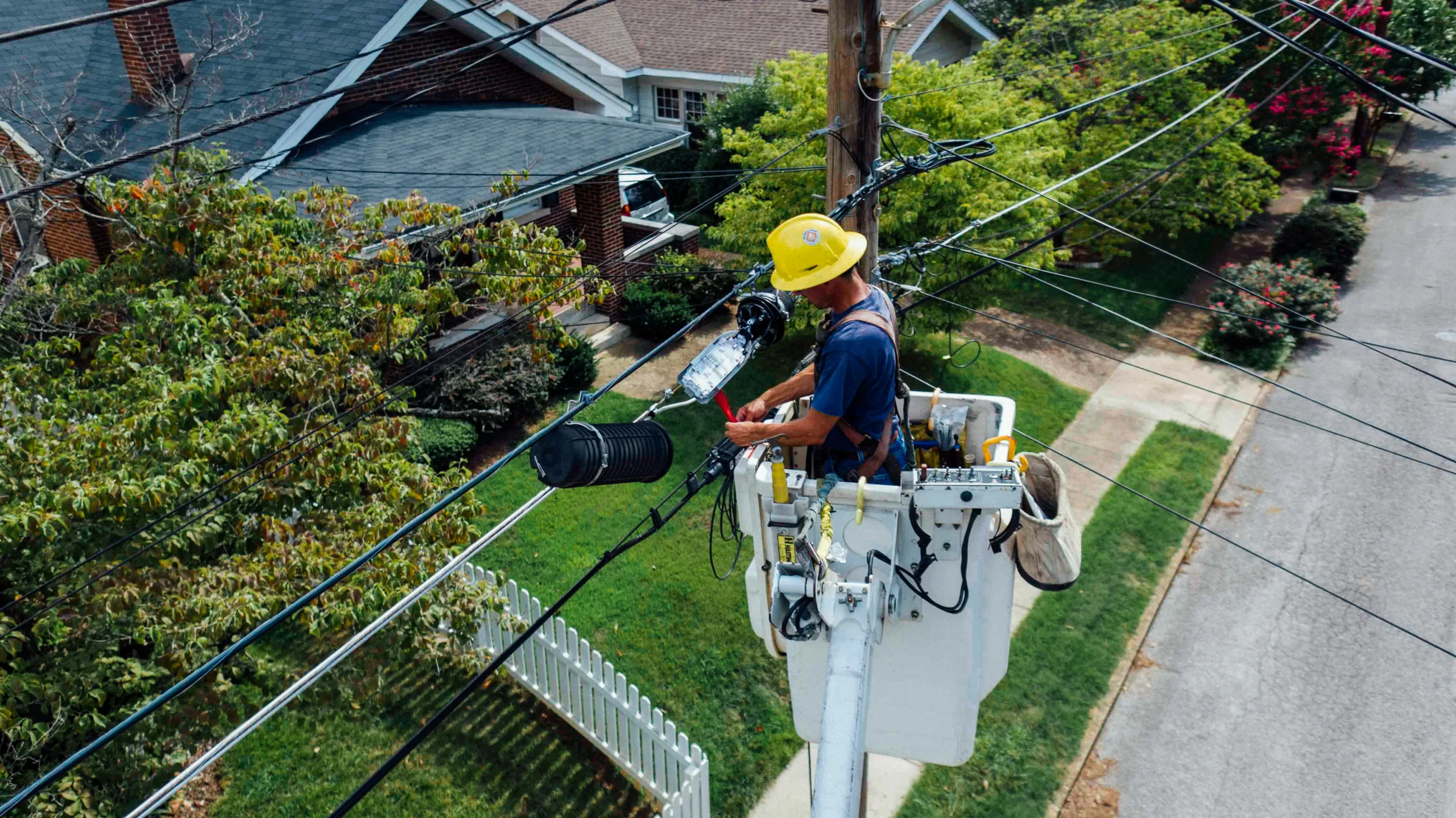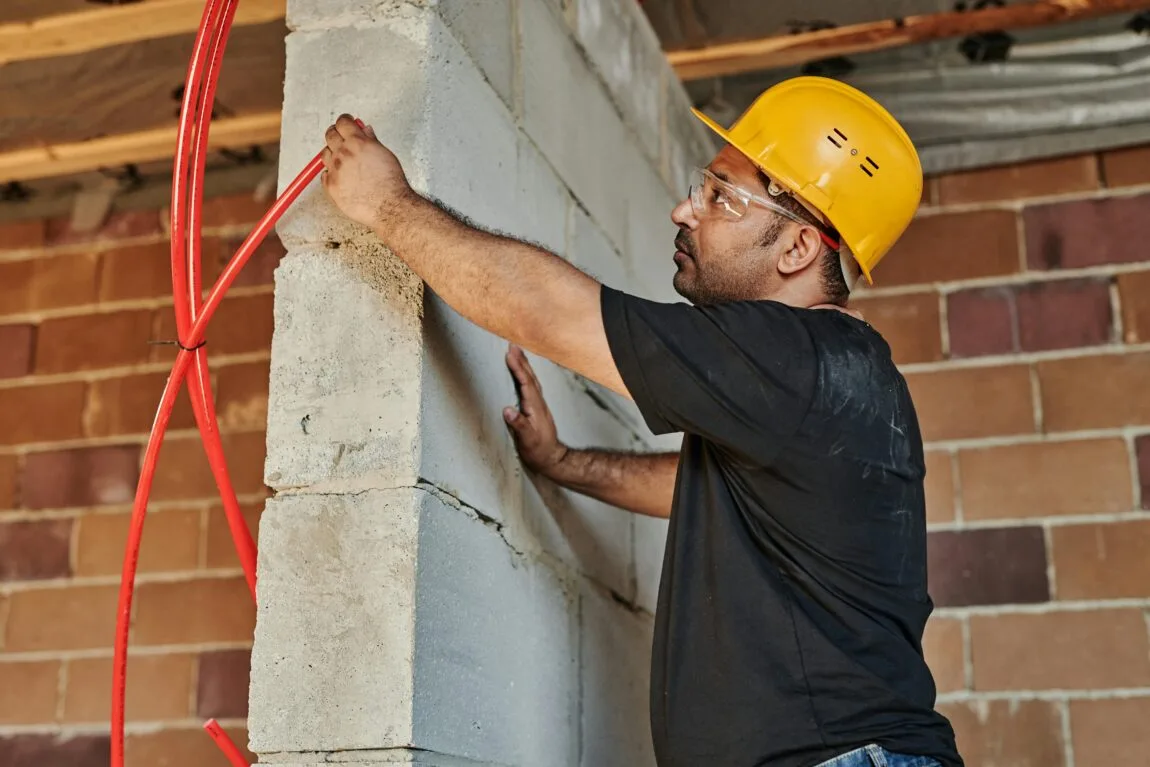You’ve worked hard to build a solid reputation—your skills speak for themselves, and your network keeps expanding. Yet there’s all this red tape that keeps holding you back, despite your expertise.
There’s this lingering tension between the freedom to run your business and the need for compliance with complex legal requirements. You crave control over your craft, yet the system demands forms, permits, and yes—a subcontractor license. It feels like bureaucracy is standing in the way of progress.
But here’s the thing—licensing is a gatekeeper to larger opportunities. Many contractors have faced the painful truth that without proper licensing, you risk stalled projects, costly penalties, and a loss of trust with high-profile clients. One missed requirement can derail months of planning and execution.
So, do subcontractors need a license, and if so, what’s the real advantage of getting one? The answer isn’t as simple as “yes” or “no.” It depends on your industry, your role in each project, and where you operate. The truth is, understanding how to apply for a subcontractor license and staying compliant can protect you from future headaches—and position you for growth.
But how do you cut through the conflicting regulations across different states? How do you know which subcontractor license requirements apply to you and your business? And how can you stay ahead of competitors who think that licensing doesn’t matter? These questions are at the heart of your next business decision. Let’s find the answers that could define your next step forward.
What is a subcontractor license?
On the surface, a subcontractor license might seem like another hoop to jump through—something designed to slow down your work rather than support it. After all, if you’re delivering, why should a piece of paper dictate your ability to operate? The reality is that a subcontractor license, despite being a simple piece of paper, is a safeguard.
It serves two critical purposes. First, it certifies subcontractors meet a minimum standard of expertise and legal compliance, which protects clients from unqualified or unethical work. Second, it opens doors to high-value projects that require contractors to meet stringent legal and safety benchmarks.
A subcontractor license varies by industry, but the sectors where licensing is most commonly required include construction, electrical, and plumbing. In these industries, the risks tied to unlicensed work can be severe: think safety violations, structural failures, or even legal liability for damages. It’s no wonder that regulatory boards insist on ensuring that subcontractors meet strict local qualifications.
Without proper licensing, subcontractors face an uphill battle. Many general contractors won’t even consider hiring an unlicensed subcontractor—no matter how good your portfolio is. Even if you land a project, a missing license can trigger fines, project delays, and increased legal exposure.
Do subcontractors need a license?

This is a question that subcontractors often wrestle with. Simply put, yes, in some cases they will need a license, and no, in others. It depends on your industry, the scope of work, and where you’re operating. Unfortunately, there’s no one-size-fits-all answer because licensing regulations vary from state to state.
Let’s start with a basic rule of thumb. If your work affects public safety, such as electrical installations, plumbing, or construction, chances are you’ll need a license. These industries are tightly regulated to prevent risks like faulty wiring, water damage, or compromised building integrity.
By contrast, if you’re a tech subcontractor developing software, you’re less likely to face licensing requirements. Licenses are typically only required when you’re working under government contracts or within highly regulated sectors like healthcare.
Even within construction, your role can influence whether a license is necessary. E.g., a subcontractor responsible for managing subcontracted teams on a major build site may require a general contractor’s license, while a specialist like a painter might not. Yet, certain states, like California, impose strict licensing rules regardless of specialization if the project exceeds a certain monetary threshold.
Take Florida as another example. Subcontractors involved in roofing or HVAC projects must hold a state-issued license. Meanwhile, in Texas, regulations are less restrictive, often requiring licenses only for specific trades like electrical or plumbing. Knowing where you stand in this legal maze can be the difference between securing large contracts and being disqualified from the bidding process.
Here’s why you ideally want to meet subcontractor license requirements
Licensing impacts your credibility. General contractors and project owners want assurance that their subcontractors meet high professional standards. Without the right license, you may be seen as a liability—someone who could expose the project to delays, risks, and non-compliance penalties.
Oftentimes, it boils down to reducing legal risks, strengthening credibility, and unlocking better project opportunities.
How to apply for a subcontractor license
So, you’ve made the decision to get licensed. Now what? Let’s break it down step by step:
Step 1: Identify the license type you need
What type of license applies to your work? Licensing categories often depend on your industry and services. For example, construction subcontractors may need specialty licenses for trades like electrical, plumbing, or HVAC. Review your state’s licensing board website to confirm what’s required for your role.
Step 2: Gather the necessary documents
To apply for your license, you’ll typically need to submit a series of documents that prove your business is legitimate and capable of performing safe, compliant work. These documents may include:
- Business registration certificates
- Proof of insurance coverage
- Professional certifications (for specialized trades)
- Work experience records or client references
- Bonding information (if required by the state)
The faster you collect these documents, the fewer delays you’ll face in the application process.
Step 3: Submit your application to the licensing board
Each state has a licensing board that governs subcontractor and contractor licenses. The application process may vary, but generally, you’ll submit your documents, fill out a detailed application form, and pay an application fee. States like California, for instance, also require subcontractors to pass trade-specific exams to demonstrate knowledge of industry regulations and safety protocols.
Keep in mind that different states have different boards. For example, Florida has the Department of Business and Professional Regulation, while in Texas, it might be the local licensing authority in your city or county. Just make sure you know who’s in charge to avoid wasting time on the wrong paperwork.
Step 4: Pay the fees and understand the timelines
Licensing fees can range from $50 to $600+, depending on the type (and scope) of the license. Plus, there are also renewal fees every 1-3 years. Be aware of these costs upfront so you can budget accordingly.
Timelines may also vary in states with requirements like trade exams or background checks. It can take weeks or months to get approved. Planning ahead is key to meeting deadlines without licensing-related delays.
Step 5: Anticipate and overcome common challenges
It happens to the best of us. Many subcontractors encounter obstacles during the application process.
Missing documents, incorrectly filled out forms, and miscommunication with licensing boards can all lead to delays. Here’s how to avoid these issues:
- Double-check all each document, requirements, and form for completeness before submission.
- Follow up with your licensing board if you don’t get updates within the expected timeframe.
- Some states offer resources like legal advisors who can guide you through the process.
If you want to optimize this process further, having robust systems in place to track your compliance documents can save time and reduce risk. Check out our Construction Contract Review Guide to learn how to streamline documentation and compliance workflows with advanced AI technology.
Subcontractor license requirements by state
The rules aren’t universal—each state sets its own criteria, application process, and exemptions.
Key takeaways on state licensing
- Licensing rules vary widely depending on the state and trade.
- Some states require extensive testing and documentation.
- Other states just rely on local jurisdictions to set standards.
- Exemptions may apply based on the scope and type of work.
Let’s explore how requirements vary across states like California, Texas, and Florida.
California: Strict but comprehensive
California is known for having some of the toughest licensing requirements in the country. The Contractors State License Board (CSLB) requires subcontractors to obtain a license if their projects exceed $500 in labor and materials.
Applicants often need to pass a trade-specific exam and a law and business exam, proving their knowledge of both construction practices and state regulations.
Texas: Decentralized regulations
While some trades—like electrical and plumbing—require licenses issued by state-level boards, other subcontractors may only need to comply with local city or county rules.
This decentralization offers flexibility but also demands you stay informed about local regulations for each jurisdiction you work in.
Florida: Industry-specific licensing
Florida’s Department of Business and Professional Regulation oversees subcontractor licensing, with a strong focus on safety-critical trades. Roofing, HVAC, and other mechanical subcontractors are required to hold a license. Florida’s licensing process includes exams and proof of work experience.
On top of that, subcontractors must demonstrate financial stability and secure proper insurance coverage. However, not all subcontractors need licensing. Trades considered “non-structural,” such as painting or landscaping, may be exempt from state licensing but still subject to local ordinances.
Other states: A patchwork of requirements
In states like New York, licensing changes significantly between urban and rural areas. New York City has stringent requirements for subcontractors working on public projects, while more lenient rules might apply in smaller municipalities.
Similarly, states such as Nevada and Arizona have specialized boards that regulate certain trades, often requiring contractors and subcontractors to complete CPD courses.







By entering your email, you agree to our Terms & Conditions and Privacy Policy.